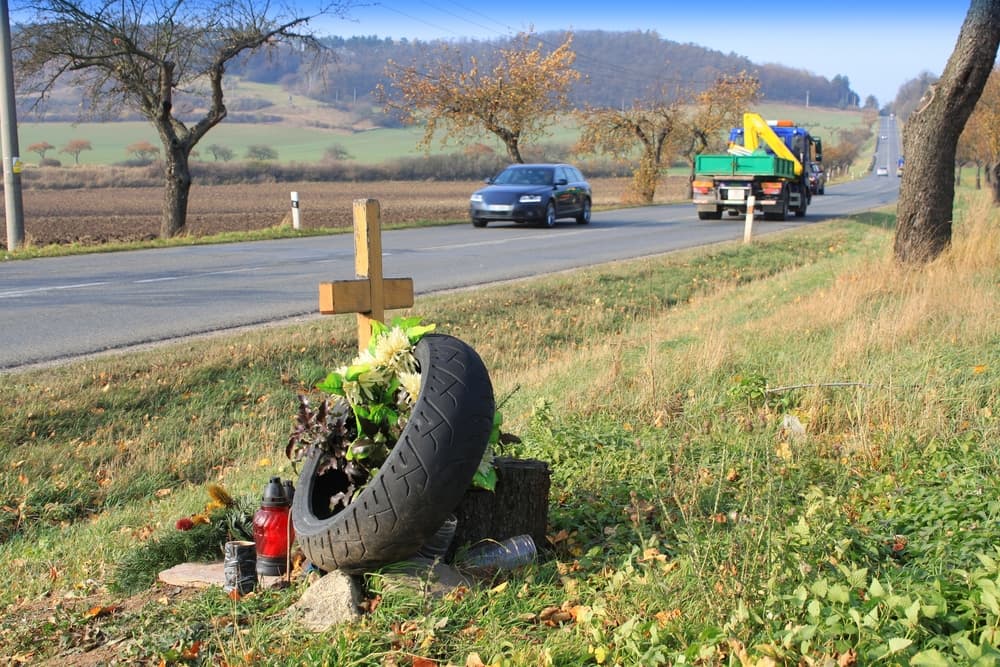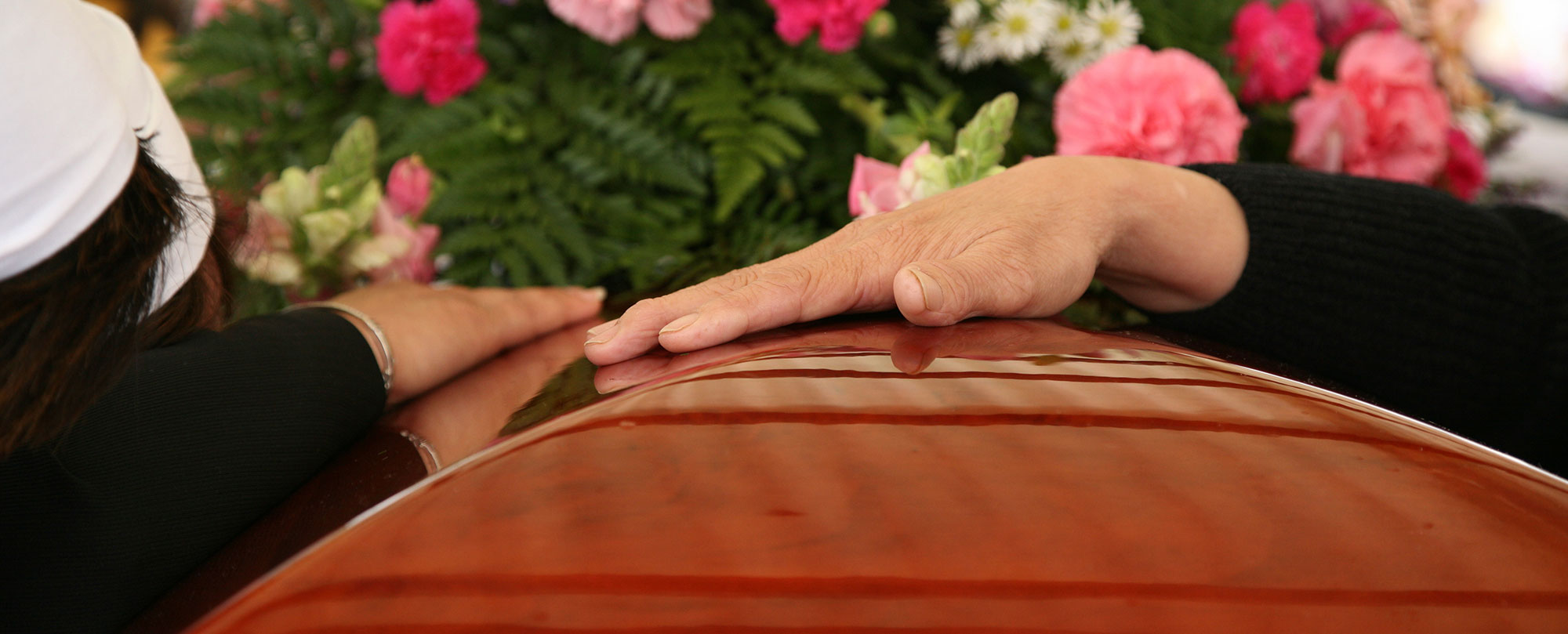
Requesting Punitive Damages in a South Carolina Case
Each personal injury case is different, and this difference is essential when we are talking about punitive damages. For instance, some cases involve a simple lack of care where one party does not look out for another. This could be when a driver is distracted and does not see the car in front of them has stopped and hits them in the rear. In most cases, punitive damages would not be supported here.
However, let’s say the car to the rear is traveling at 100 mph and slams into the lead vehicle, killing passengers in the back seat and injuring the driver. This behavior clearly rises above that normally seen in a hit-from-behind accident case. But, is it enough to label it wanton disregard, malice, oppression or fraud?
How Would the At-Fault Party’s Behavior Warrant Exemplary Damages?
Let’s say the speeding driver to the rear was inebriated and had a prior history of DUI convictions, one of which involved a fatality. Here, the defendant understands that driving while inebriated can cause the death of another person. So, the driver has knowledge that their behavior is reckless, and it can result in someone’s death. This fulfills the requirement for behavior that is egregious, and punitive damages can be requested. Let’s examine this issue further.
What Are Punitive Damages?
Such damages are those used to punish the at-fault party and to deter others as well as the defendant from engaging in such conduct in the future. They are also referred to as exemplary damages. The damages are directed toward someone who displayed egregious, wanton and willful behavior that is, in the end, seen as despicable. In the example given above, a drunk driver who killed another because of their addiction to alcohol might be encouraged to stop this behavior if punitive damages are also leveraged against them.
Considerations a Jury Must Take Into Account
Under South Carolina law, Section 15-32-520, a plaintiff cannot ask for a certain amount in punitive damages unlike economic and non-economic damages (known together as compensatory damages). It is the jury that decides whether punitive damages are appropriate and determines the amount of compensation that will be awarded. Some factors that are used are:
- The defendant’s level of responsibility
- The defendant’s history of reckless behavior
- Attempts by the defendant to conceal the act
- The severity of the injury the plaintiff suffered due to the defendant’s actions
- The degree of punishment that is needed
- Whether the defendant’s behavior was seen as profitable
- The financial status of the defendant and whether the punitive damages are enough to keep them from repeating the behavior/acts
- Whether the amount of the damages is enough to keep others from doing the same thing
Are There Limits to the Amount of Punitive Damages?
In South Carolina, the amount of punitive damages is limited by law. The amount cannot be more than three times the compensatory damages each claimant receives, up to $500,000. At times, the limit or cap is removed, providing one of the following applies:
- The defendant has pleaded guilty to or been convicted of a felony based on the same behavior.
- The defendant intended to hurt the injured party and did.
- The defendant was under the influence of illegal drugs or alcohol or exposed themself to a toxic vapor such as glue.
Morris Law Accident Injury Lawyers
Our lawyers at the Morris Law Accident Injury Lawyers work hard to preserve our clients’ rights and obtain the damages they deserve. We don’t take a shortcut and have our client’s interests at heart. Call us at (843) 232-0944 to get started by scheduling a free case review. You can also reach out to us online.








